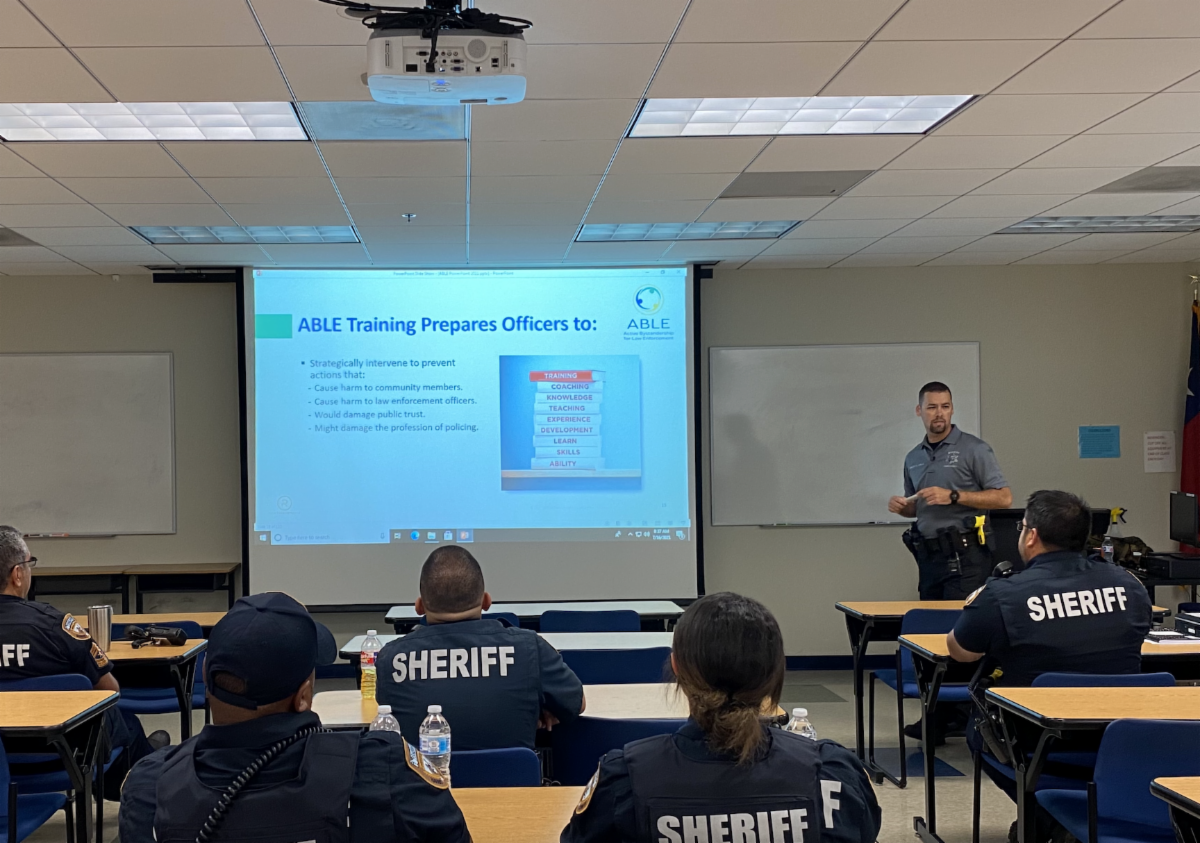
At the Sheriff’s Office, we know it’s not enough to have strong policies in place. Building an agencywide culture that supports proven peer intervention strategies is key to preventing harm, promoting deputy wellness, and maintaining the public’s trust.
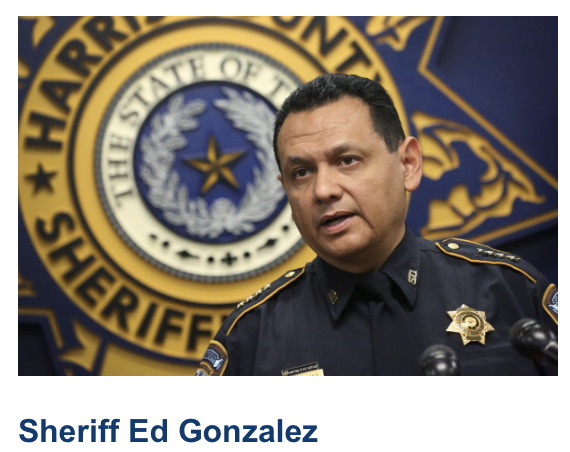
Our deputies and detention officers swore an oath to protect our communities and those in our custody – they show courage every shift and willingly put themselves in danger to keep others safe. Still, confronting their teammates and supervisors about something they did wrong can be difficult. Policing has a hierarchical structure with a high value on being loyal to fellow brothers and sisters in blue.
In late June, we implemented a training program called Active Bystandership for Law Enforcement, or ABLE, that equips our frontline personnel with practical skills and tactics to prevent misconduct, reduce mistakes, and enhance deputy health and wellness. It was designed by policing researchers at Georgetown University Law School.
This meaningful training shows our deputies and those on the frontlines inside our jail how to intervene consistently, safely, and effectively. Our teammates also learn to overcome inhibitors, such as apprehension to address a mistake made by a supervisor, that may keep them from becoming active bystanders.
The intervention can span from seeking help for a fellow deputy who seems angry or depressed to stopping a deputy in the field from using excessive force.
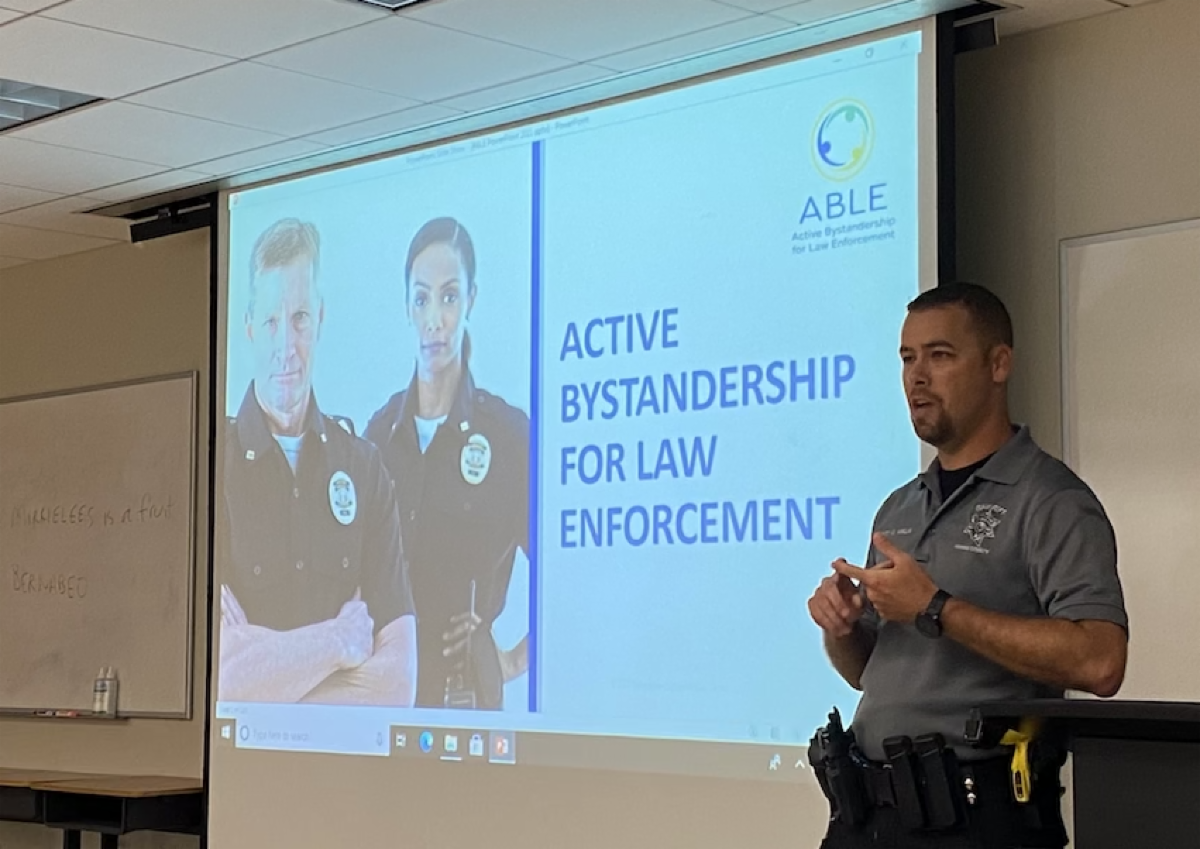
Deputy Wells is our dedicated program coordinator and lead ABLE instructor. He was chosen to conduct the training because of his experience at our academy and in the field.
He has worked inside the county jail as a detention officer, patrolled the streets as a deputy, served as a member of our elite SWAT team, and worked as a Field Training Officer. He’s also certified to teach Crisis Intervention Training to help guide interactions between our first responders and those in a mental health crisis.
“There are so many different forms of intervention,” said Deputy Wells. “We have a strong foundation of being there for one another already. It’s evident through our Wellness Unit, Office of Military Relations, Behavioral Health Division, and other valuable agency resources.”
“It’s about taking this mindset and thinking about small, everyday acts that could have a big impact. It’s correcting a fellow deputy when you notice he wrote down the wrong block number on a report. It’s telling an agency veteran he didn’t properly search a suspect. It’s taking over when someone is starting to lose their cool. It comes down to what’s morally right.”
ABLE in Action
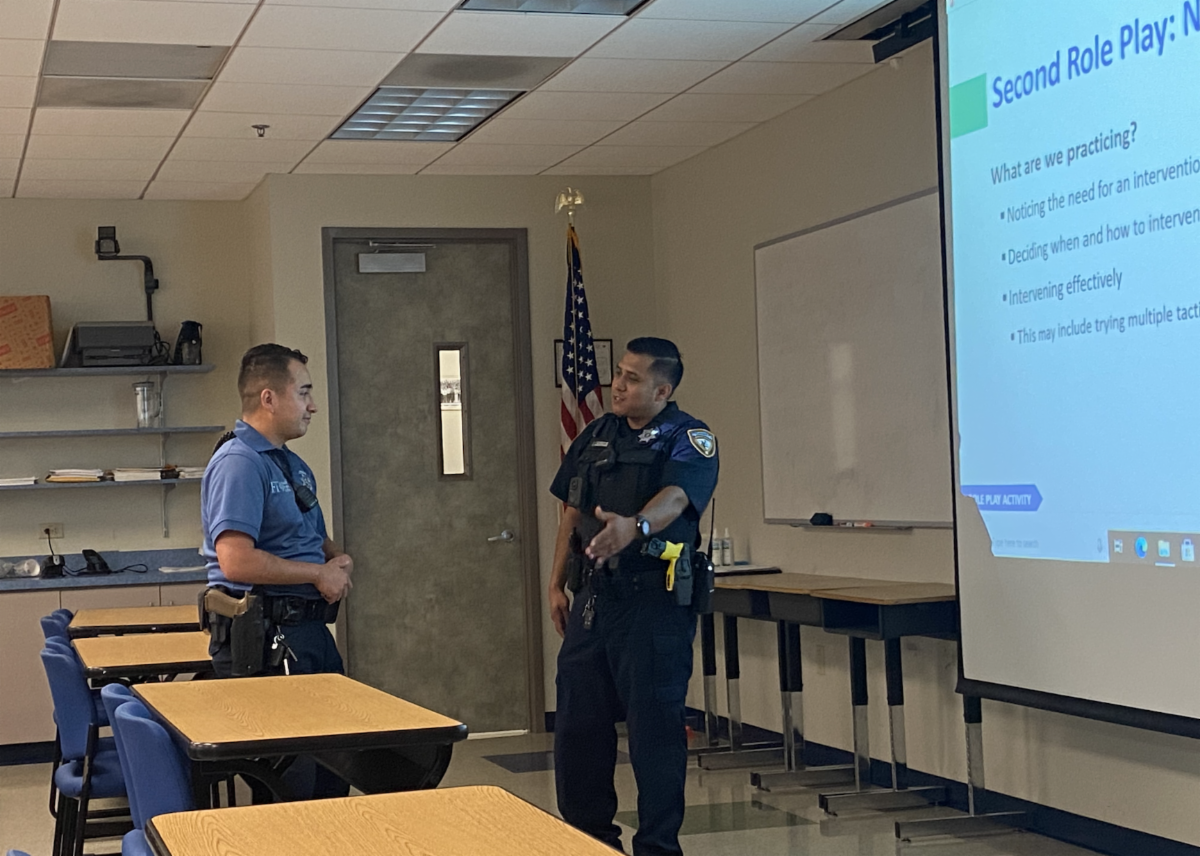
Deputy Wells starts the class by asking students to define peer intervention and active bystandership. He then calls on them to share times when they did or didn’t intervene, asking what impact their action had on the situation.
Participants learn how to:
- Notice the need for an intervention.
- Decide when and how to intervene.
- Intervene effectively using multiple tactics.
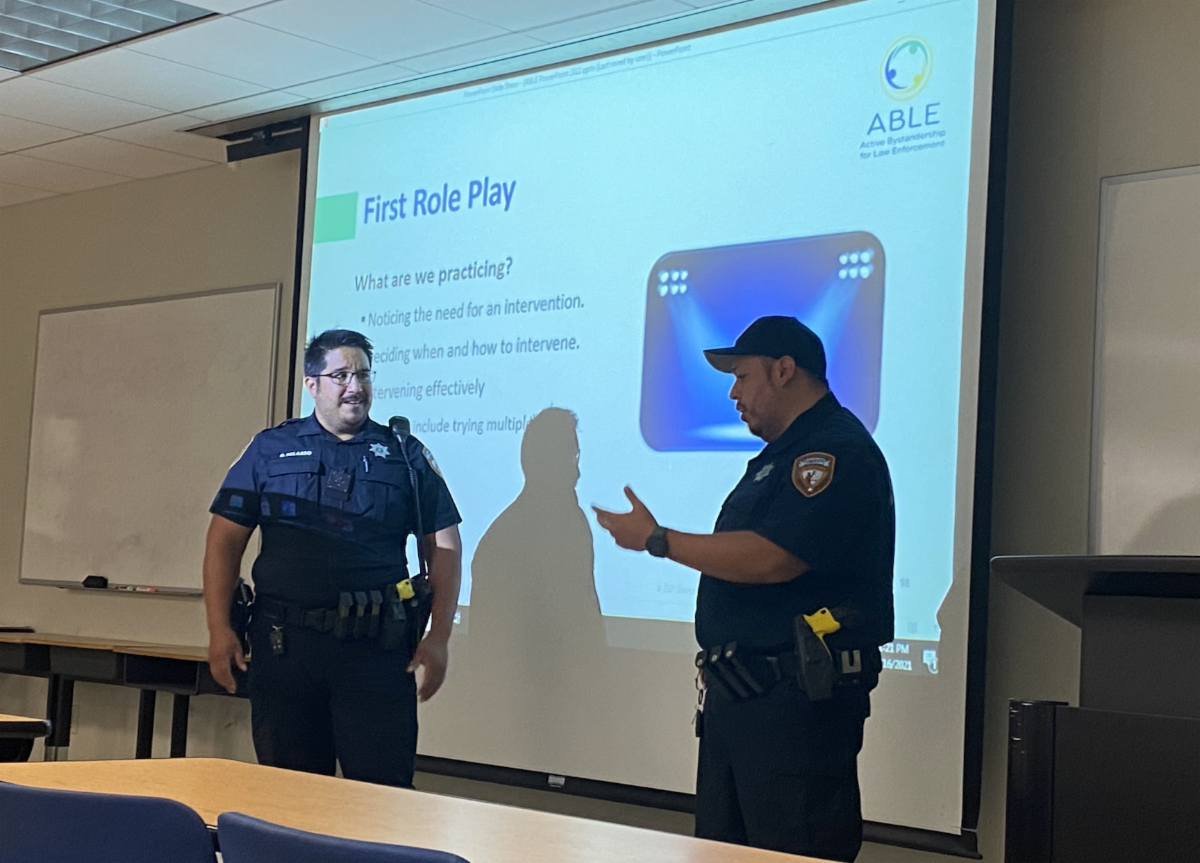
The day-long training includes group discussions, scenarios, case studies, and role-playing.
Deputy Wells presents real situations from other police departments, including a scenario where a homicide detective coping with lack of sleep and stress from working long hours made an inappropriate joke at an active scene. He talks about the concepts of responsibility, authority figures, and the power of the bystander as he continuously references these scenarios throughout the training.
As an agency, we’ve made significant strides to advance our mission and fulfill our core values through dedicated training, collaborative partnerships, and holistic programs. These critical and necessary steps at all levels within the agency – with strong support from the highest levels of our command staff – enhance the importance of mental health among our ranks and improve our response to our community’s public safety needs. To learn more about ABLE and our commitment to the 10 ABLE standards, click here.
